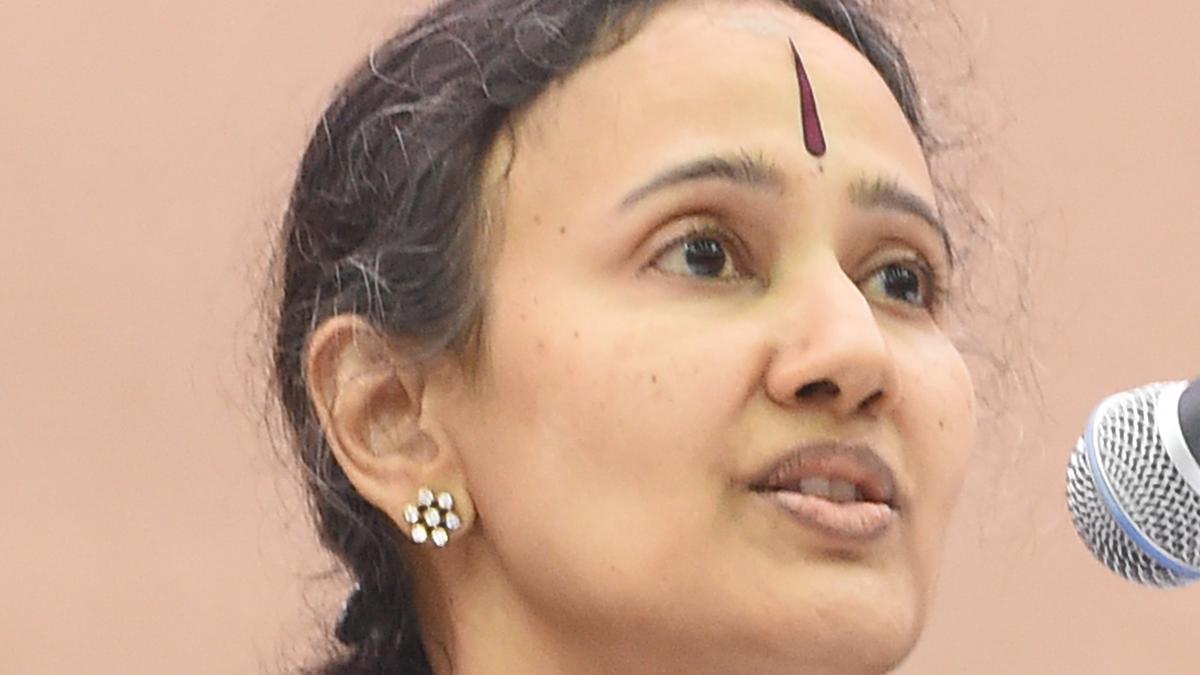
State benefits doled on caste lines are also leading to ‘caste ferocity’ in society: Madras High Court
The Hindu
Justice Anita Sumanth of Madras High Court addresses caste-based violence, emphasizing the need for equality and fairness in society.
In a key observation, Justice Anita Sumanth of the Madras High Court has contended that the ferocity shown by people on grounds of caste, is also because of the benefits accorded by the State to different caste groups and therefore, the blame cannot be laid entirely upon the ancient Varna Dharma (division based on caste) propounded by the Rig Veda.
The judge made the observation while disposing of quo warranto pleas against Tamil Nadu Youth Welfare and Sports Development Minister Udhayanidhi Stalin, Hindu Religious and Charitable Endowments department Minister P.K. Sekarbabu and Nilgiris Member of Parliament A. Raja over the Santana Dharma row.
Lamenting that divisions based on caste were deeply entrenched in the State though the present day caste system prevailing in the society was less than a century old, the judge rued that “individuals” were seen to be fanning casteist passions which was not in the interests of the State or its people.
The judge held that the three lawmakers had attacked Sanatana Dharma (eternal principles followed by Hindus) by wrongly equating it with Varna Dharma. She said the latter divides people solely on the basis of their avocation and not by birth as it had been understood by them.
“The Varna system does not contemplate division on the basis of birth, but based on avocation. The system was designed to work towards the smooth functioning of society centuries ago where the chief avocations were identified based on the then needs of society. The relevance of such a system today, is itself moot,” she wrote.
Agreeing unequivocally that there were inequities based on caste in present-day society and they must be eschewed and eliminated by using the entire might of the State, the judge, however, said, “The origins of the caste system as we know it today are less than a century old.”
The State of Tamil Nadu, at present, had 370 registered castes and it was witnessing a cacophony of pulls and pressures by groups of persons claiming allegiance to one caste or the other, she said. “This ferocity among persons belonging to different castes is also, in part, on account of the benefits made available to them. Can one lay the blame for these torturous circumstances entirely on the ancient Varna system? The answer is emphatically in the negative,” the judge observed.













